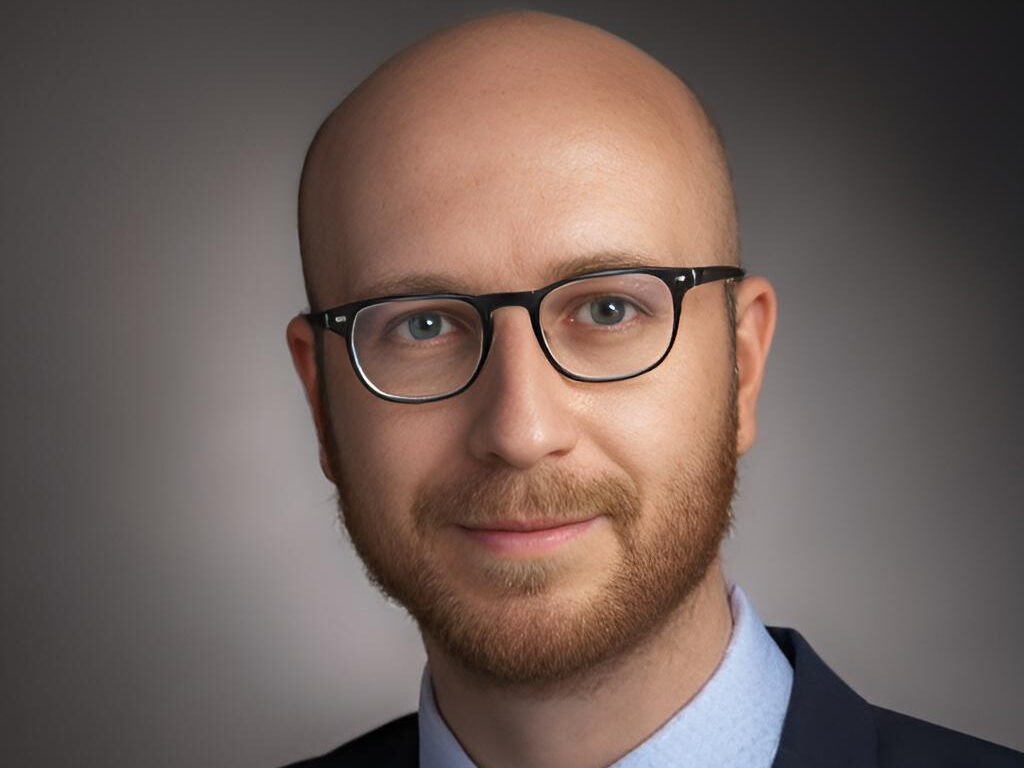Giannis Mountzios, Medical Oncologist at the Department of Medical Oncology in the Air Force General Hospital, Athens, shared a post by Biagio Ricciuti, on X adding:
“A very nice work from Dana-Farber Cancer Institute proving that fusions are like human relations:
Oncogenic fusion partners in NSCLC are not chosen randomly but based on the transcript potential of the fusion partner and the stability of the produced oncoprotein:
The strongest will dominate.”
Quoting Biagio Ricciuti’s post:
“Fusion partners and chromosomal breakpoints of oncogenic fusions involving ALK, ROS1, RET and NTRK1 are not stochastic!
Out in Nature Communications our study demonstrating that typical TK fusions are selected from pools of chromosomal rearrangements by two major determinants:
- Active transcription of the fusion partner genes.
- Protein stability”

Additional information.
Source: Giannis Mountzios/X and Biagio Ricciuti/X
Biagio Ricciuti is a thoracic oncologist at the Dana-Farber Cancer Institute and an Assistant Professor of Medicine at Harvard Medical School. His research interests are various aspects of lung cancer, including novel therapeutics, biomarker identification, and predictive modeling for patient outcomes. Besides being actively engaged in research, Dr. Ricciuti is involved in clinical trials and patient care.


